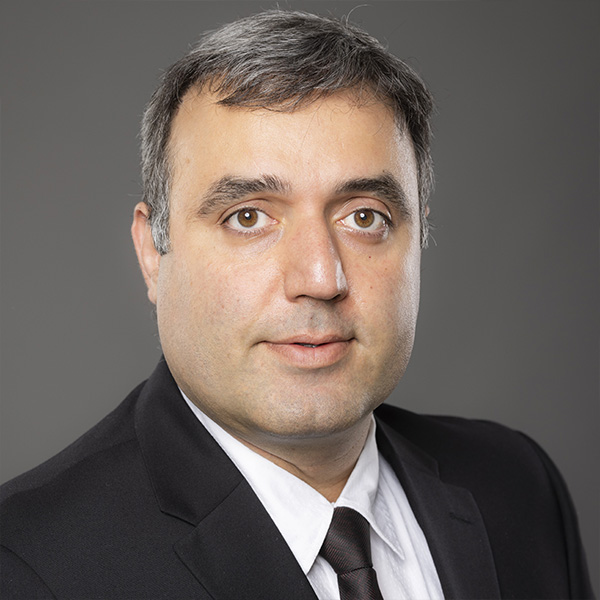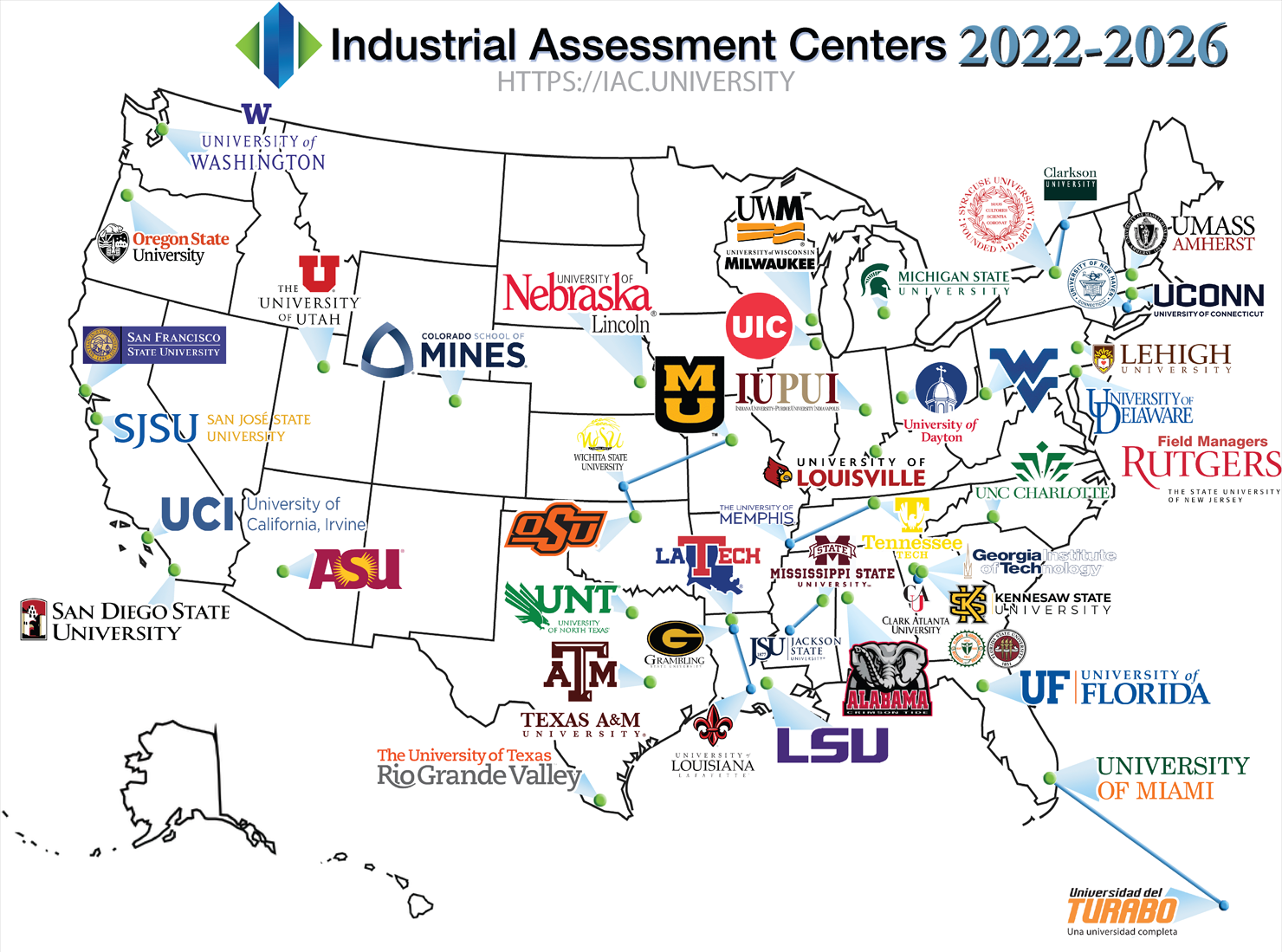Georgia Industrial Assessment Center (Geo-IAC)
The Georgia Industrial Assessment Center (Geo-IAC), with its main center at Kennesaw State University, provides free energy and productivity assessments for small- and medium-sized manufacturers, through funding provided by the U.S. Department of Energy (DOE).

The program, fully funded by the DOE’s Office of Manufacturing and Energy Supply Chains (MESC), provides services to manufacturers at no cost. To be eligible for the assessment, industrial facilities should have:
- Annual energy bills between $100,000 and $3.5 million,
- Annual revenue less than $250 million,
- Manufacturing NAICS Classifications of 31-33 (formerly SIC codes 20–39),
- Location within 150 miles of Kennesaw State University.
For more information, contact Geo-IAC director at Kennesaw State University via email. For special cases, certain requirements may be waived.
Assessment Process
The IAC team comprises faculty and student engineers from Kennesaw State University and Clark Atlanta University, in addition to energy engineers from the Southface Institute. Our assessments entail one-day site visits to industrial facilities for tours and data collection. Following the site visit, the team provides a comprehensive report detailing specific opportunities for enhancing competitiveness, as identified during the assessment. Typically, IACs identify potential annual savings opportunities of more than $130,000 for each assessed manufacturer, with nearly $50,000 of these savings being implemented during the first year following the assessment.
Faculty Team Members
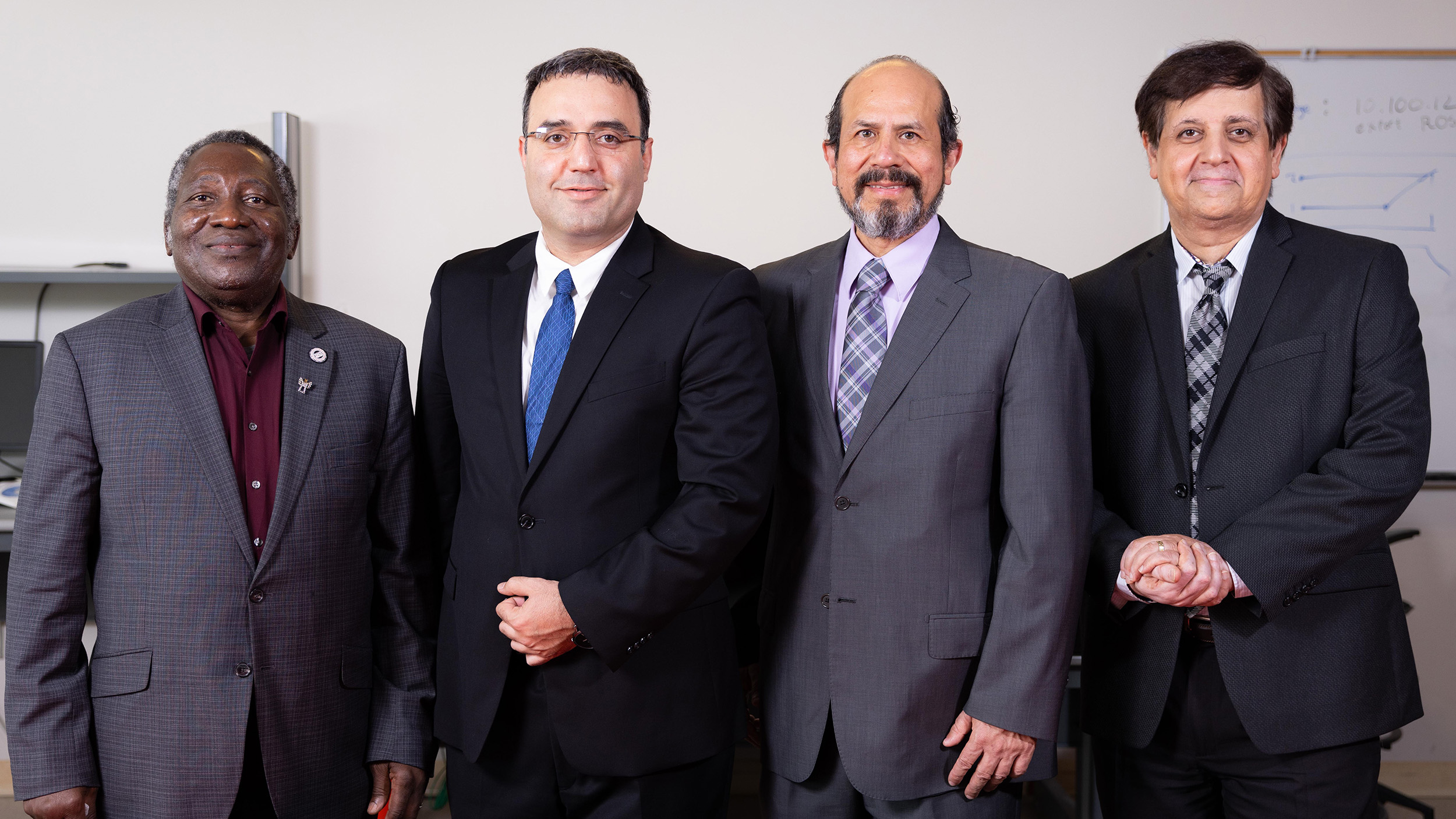
Dr. Olu Olatidoye
oolatidoye@cau.edu
Dr. Amin Esmaeili
aesmaei3@kennesaw.edu
Dr. David Guerra-Zubiaga
dguerraz@kennesaw.edu
Dr. Javad Khazaii
jkhazaii@kennesaw.edu
Student Team Members
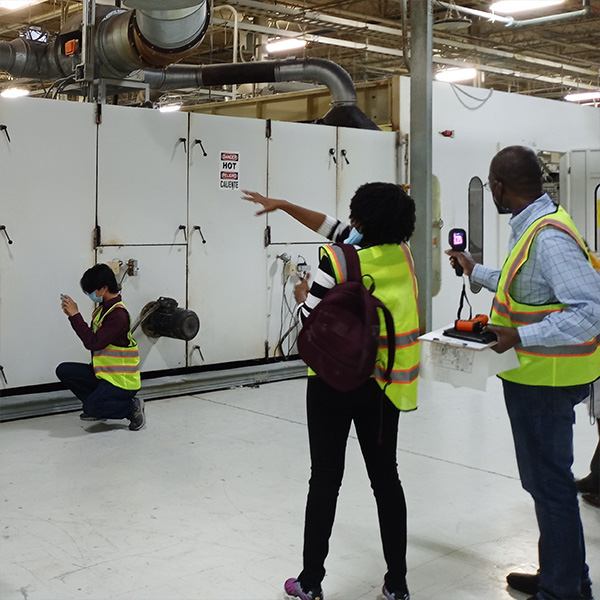
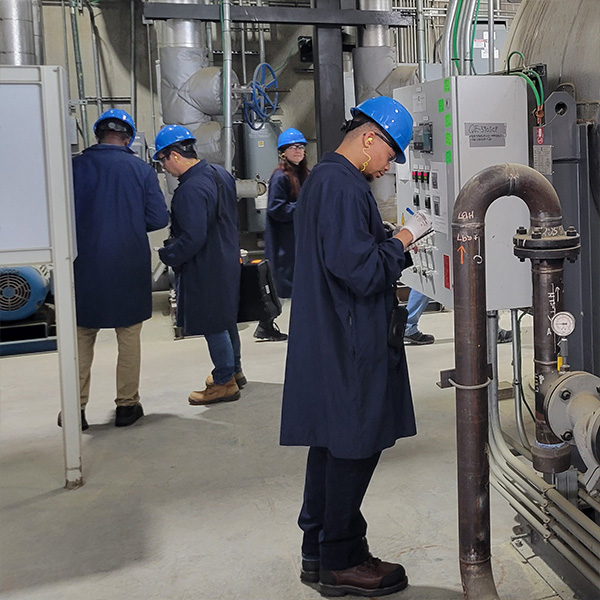
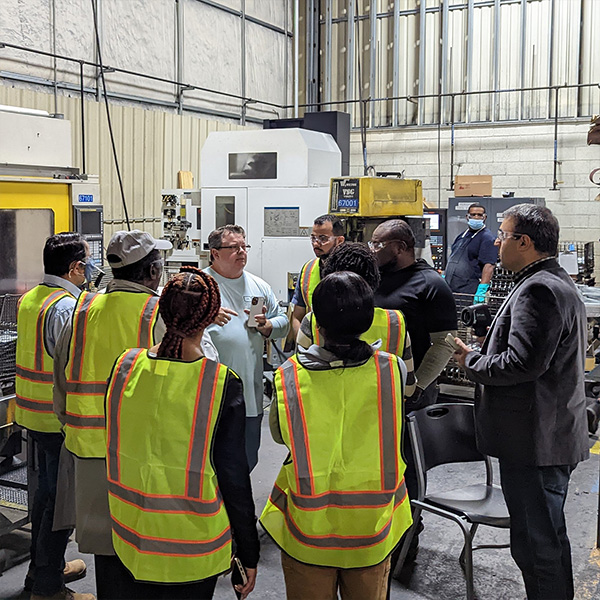
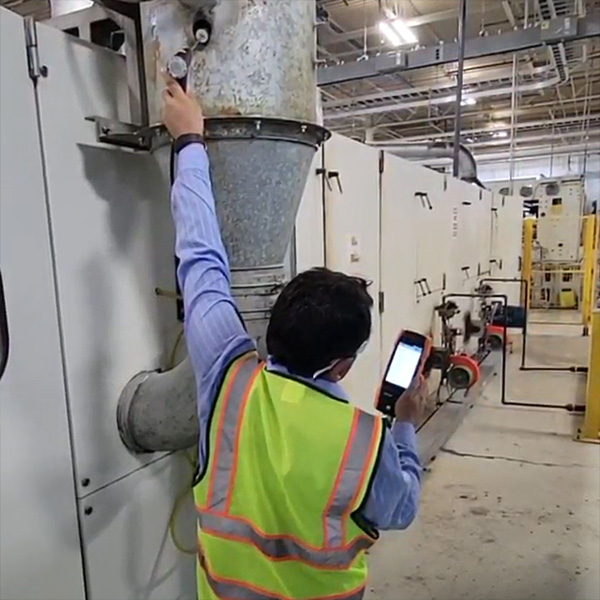
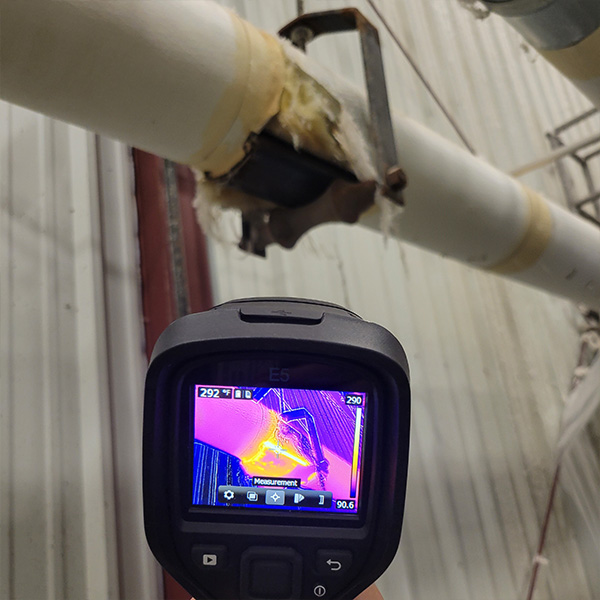
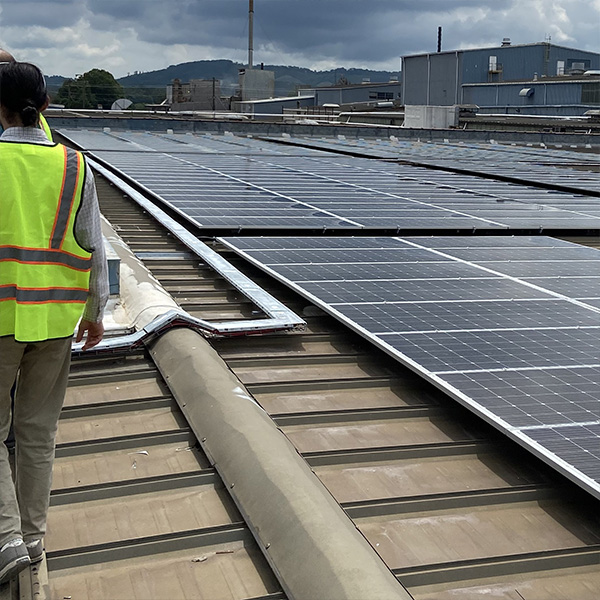
Georgia IAC is one of the 37 DOE-Funded Industrial Assessment Centers
The Industrial Assessment Center Program advances a clean energy and manufacturing workforce that represents the diversity of America, and a reinvigorated manufacturing base prepared to lead the global clean energy transition. Teams located at 37 universities around the country conduct energy assessments to identify opportunities to improve productivity and competitiveness, reduce waste, and save energy. More information can be found at the DOE website.







